We're proud to provide Migration services.
University of Minnesota
Redesigning the College of Biological Sciences.
Implementing fresh designs with improved pathways and navigation.
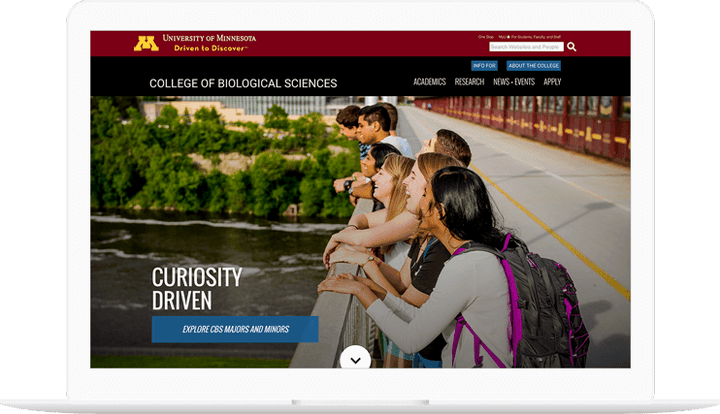
Redesigning the College of Biological Sciences.
Building Green
AIA Top Ten digital transformation.
Bringing an age-old contest from paper to a web app.
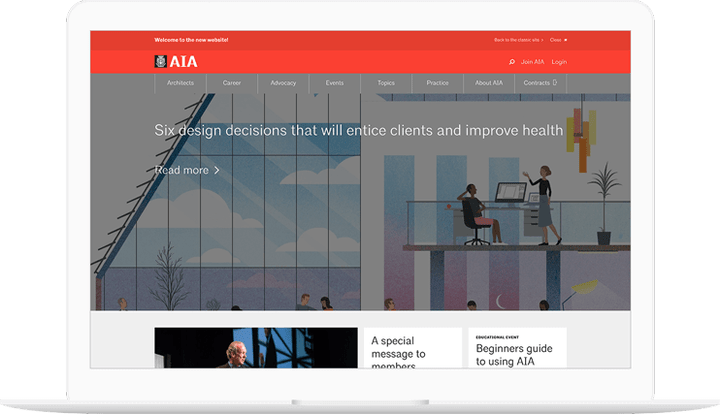
AIA Top Ten digital transformation.
Randolph-Macon Academy
The new RMA.edu.
Compelling design focused on furthering the school’s mission.
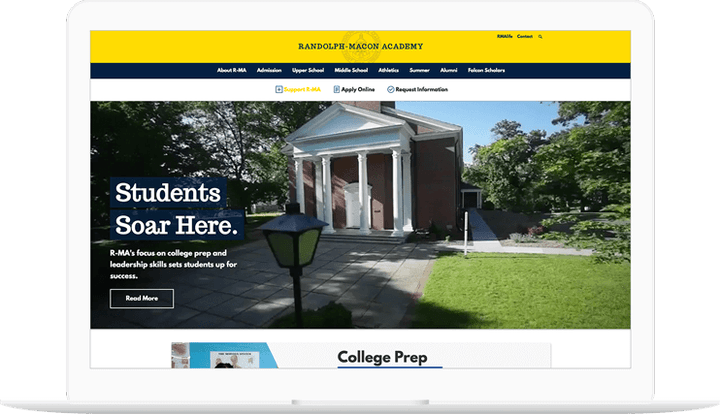
The new RMA.edu.
Agile Drupal migration.
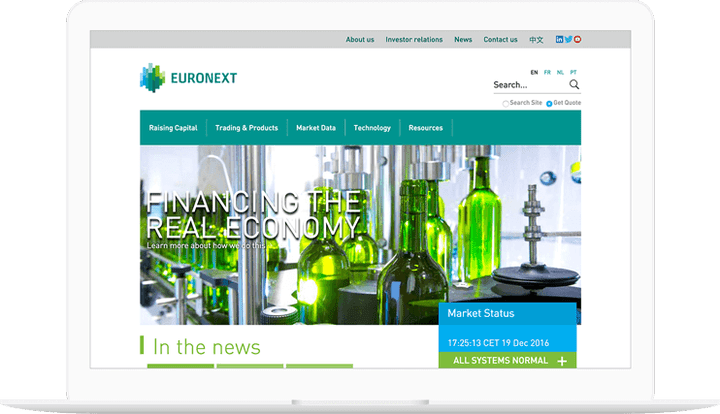
NYSE Euronext.
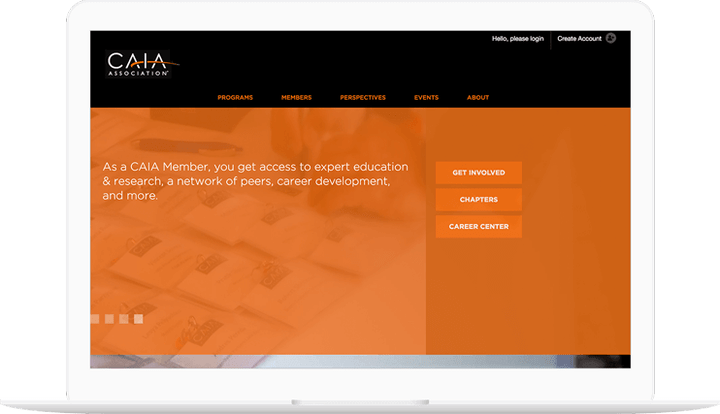
Upgrading the CAIA Association.
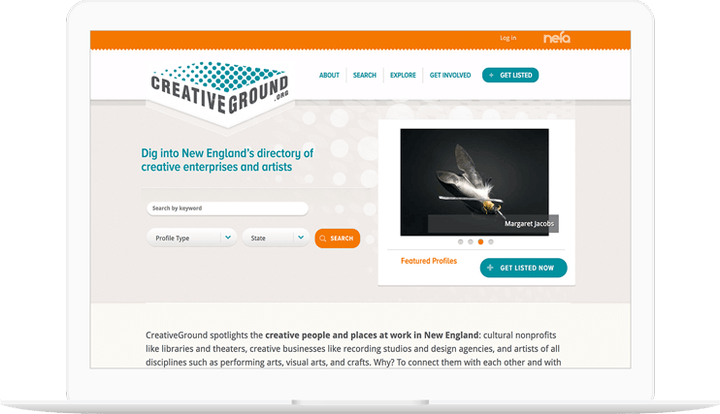
Consulting and continuous delivery.
StoryCorps
A national treasure migrated to AWS with no downtime.
27,000,000,000,000 bytes of data migrated
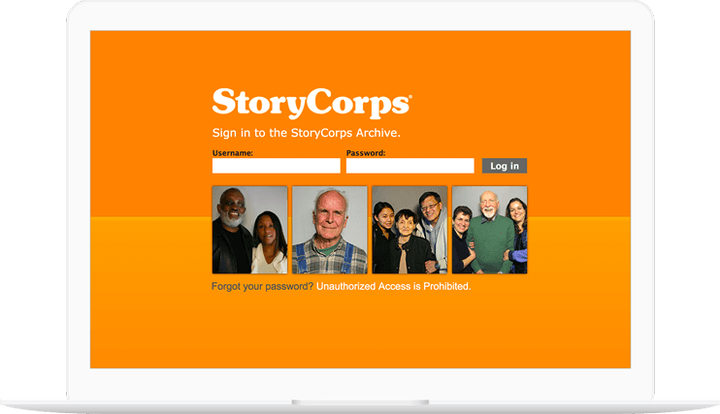
A national treasure migrated to AWS with no downtime.
The Commonwealth of Massachusetts
Best-in-class content delivery and caching.
Longer-lasting caches and fast load times, at a lower cost.

Best-in-class content delivery and caching.
Blackboard
Blackboard’s shift to a solution-driven digital experience
Blackboard’s transition to a global, solution-driven digital experience in a fast-moving edtech space.
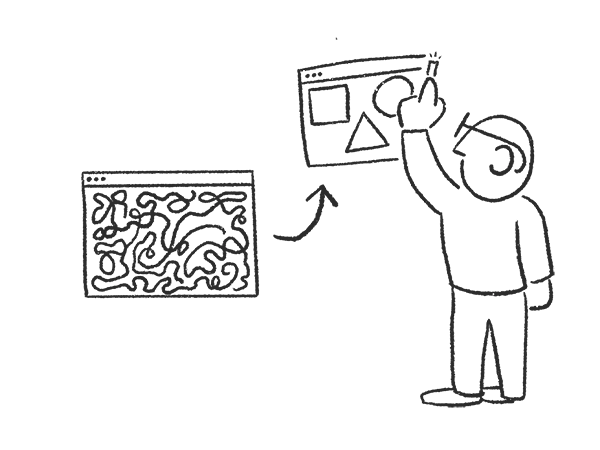
Blackboard’s shift to a solution-driven digital experience